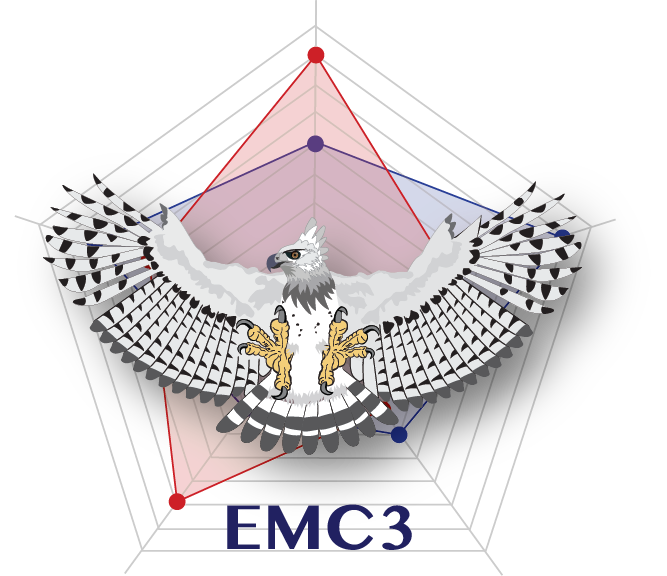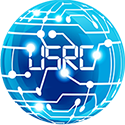EMC3

Members
For a listing of members of EMC3 visit our dedicated
Biographies of LANL Staff Collaborators
News
For news regarding EMC3 visit our dedicated news page here.
Objective
EMC3 employs various tools and resources to investigate ultra-scale computing architectures, systems, and environments that can achieve higher efficiencies in extreme scale mission-centric computing. The primary focus is on the most demanding multi-physics applications involving largely unstructured/sparse problems that require a balance of
Collaboration Areas
Areas include, but are not limited to:
- Storage and Network: data management, data movement, data manipulation and library middleware packages to enable all of these.
Compute: processor/memory complex for focused balanced application performance, enhancements to communication libraries. (MPI, OpenSHMEM, OpenUCX)- Simulation, Optimization
and Benchmarking: scaling efficiencies. - Efficient System Management:
next generation data management/job execution, anomaly analysis, systemdriven and environmentally aware scheduling, system resiliency improvements—all focused on creating more reliable and sustainable HPC systems.
Get involved
There are a few ways you can get involved:
- Co-Fund research and development which can include funding/co-funding and mentorship to computer science and mathematician graduate students on applicable research topics of interest. May also include lab test and evaluation elements (LANSCE).
- Co-Locate Staff at USRC or co-fund USRC staff to conduct research on topics of interest.
- Sabbatical location for staff to work on desired projects.
- Technical Interchange meetings (TIMS) or Focus area discussions. These can range from quarterly technical
meetings, to casual technical discussions or special topic days. - Participation in forthcoming “Efficient Mission Computing” workshops and conferences.
For more information
EMC3 News can be found here.
Program Information: Beth Kaspar
Technology Information: Nathan DeBardeleben
Media Outreach POC: Nick Njegomir


